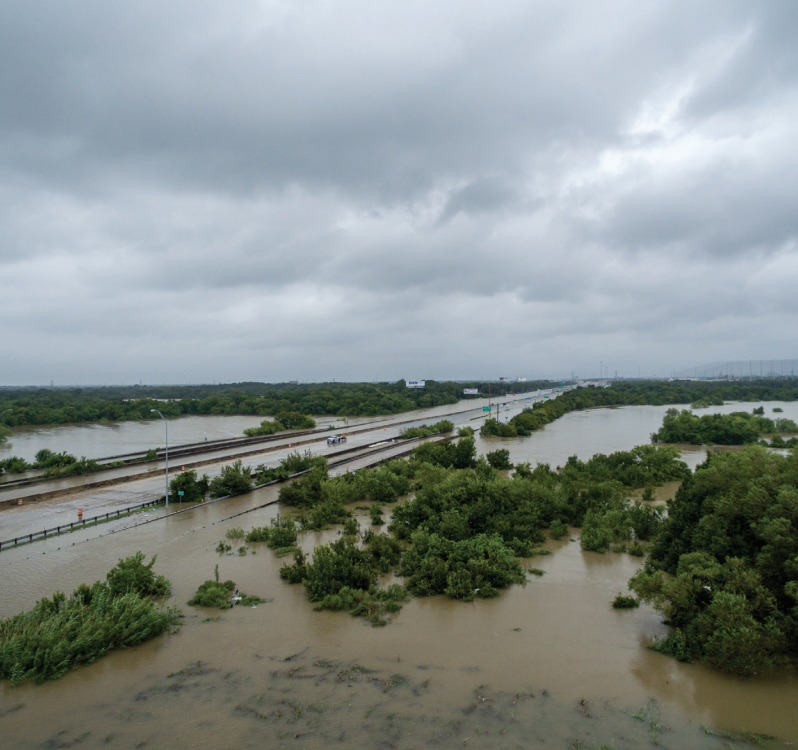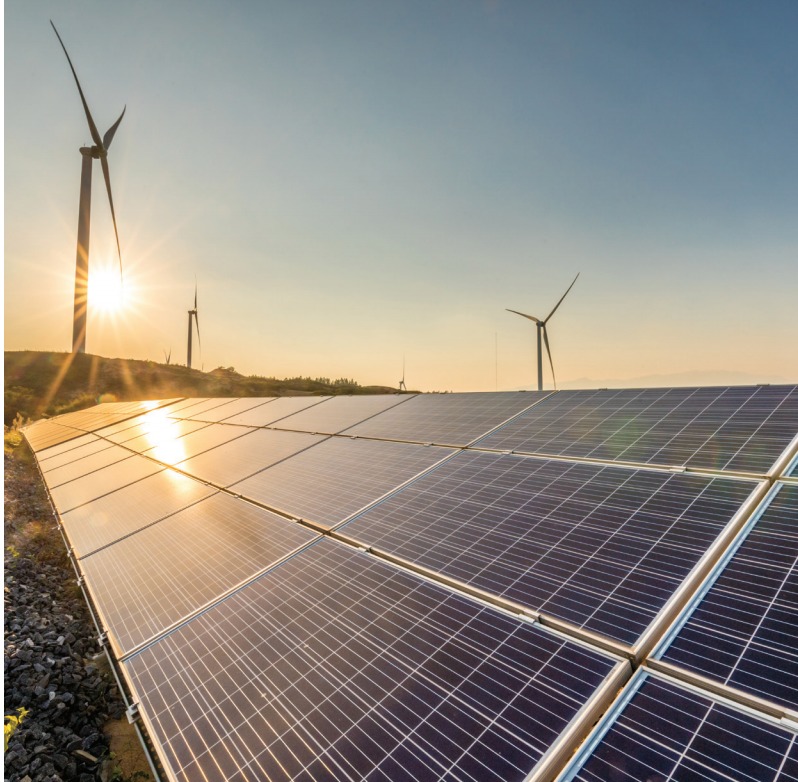Introduction
Since the last attempt at major climate legislation more than a decade ago, the climate threat has become increasingly tangible and clean energy solutions more cheaply and readily available. As the times have changed, so too has public opinion. This memo offers recommendations on how to talk about climate change, based on findings from a series of polls conducted by Climate Nexus in late 2018 and early 2019. The most important takeaway is this: Now is the time to make a forceful case for climate action.
Be Confident Climate Action is the Winning Position
Across the political spectrum and in key battleground states, American voters overwhelmingly are concerned about climate change, support solutions to the problem, and believe replacing fossil fuels with clean energy would be a boon to the economy. Global climate change is seen as the biggest environmental problem facing the country today.
Voters believe climate change is caused mostly by human activities, but views vary significantly on this question by party affiliation. Young Republicans are a notable exception to this partisan divide, with views closer to Democrats and independents than the rest of their party.
Despite the partisan divide over whether climate change is human-caused, voters of all political stripes support government action on climate change and believe addressing this crisis should be a priority for their elected leaders.
- Democratic voters now rate the environment as a top-two or -three issue (behind only health care and occasionally the economy and jobs), and see climate change as an urgent threat that must be addressed now.
- Independent voters, who will be a focus of general election competition, are closer to Democrats than Republicans in their views on the issue, saying it should be a top or important priority to pass “a comprehensive bill to reduce carbon pollution and address climate change.”
- Republican voters strongly believe the United States should put more emphasis on producing solar and wind energy. And young Republicans now say climate change is human-caused, departing from party orthodoxy of older generations.
 Raise the Urgency
Raise the Urgency
Voters see climate change as a threat that must be addressed now, and many say Americans are being harmed right now by climate change, with strong support for making a comprehensive bill to address climate change a top or important priority.
Tying climate change to extreme weather events as they happen is an important way to raise awareness that climate change is hurting Americans right now. Voters are also open to climate messages just after extreme weather events. Nexus polls in North Carolina, Florida, Michigan, Iowa, and Texas – and nationally – have shown majorities of voters believe the media should discuss the role of climate change in weather-related disasters during or immediately after severe weather events.
 Frame the Choice Between Clean Energy and Fossil Fuels
Frame the Choice Between Clean Energy and Fossil Fuels
Those advocating for climate change solutions should focus on the opportunity and promise of clean and renewable energy to improve health and the environment, create jobs, and boost the economy, understanding that clean energy is popular across all demographic groups.
American voters strongly prefer clean energy to fossil fuels, a preference that is consistent across party lines. Voters believe the U.S. should put more emphasis on producing energy from solar and wind rather than natural gas, oil, or coal, and believe focusing on increasing production of renewable energy will create more jobs than focusing on increasing production of fossil fuels.
Tie Climate Action to the Economy, Health, and Legacy
Voters are receptive to messages tying climate action to improved health and a stronger economy, finding messages focused on health and moral responsibility to future generations the most compelling.
Nexus’ state and national polls find voters not only identify the link between climate change and negative impacts on the health of their families and Americans generally, as well as on the U.S. economy, they consider these issues to be serious problems for themselves and their neighbors. Further, polling finds voters believe investments in clean energy sources will have positive impacts across various
aspects of their lives, from improving the quality of the environment to lowering electricity costs and improving wages for workers.
By focusing on health and legacy, climate advocates make climate messages personal, increasing the likelihood of action.
Lead with Consensus Solutions
Voters across party lines strongly back climate and clean energy solutions – including investment in renewables and clean energy infrastructure, advancing stronger fuel economy standards and electric vehicles, and clean energy targets for electric utilities.
Voters are ready – eager – to hear the message of bold action on climate. They have come to see climate change as a problem that must be urgently confronted and are coalescing around solutions that are already proven to reduce carbon emissions and
provide energy as cheaply or cheaper than fossil fuel-generated power.
Learn More
Our public polls can be found at climatenexus.org/ polling. If you want to learn more about the data supporting this information in this report, please email us at [email protected]. We would love to hear from you.





 Raise the Urgency
Raise the Urgency Frame the Choice Between Clean Energy and Fossil Fuels
Frame the Choice Between Clean Energy and Fossil Fuels